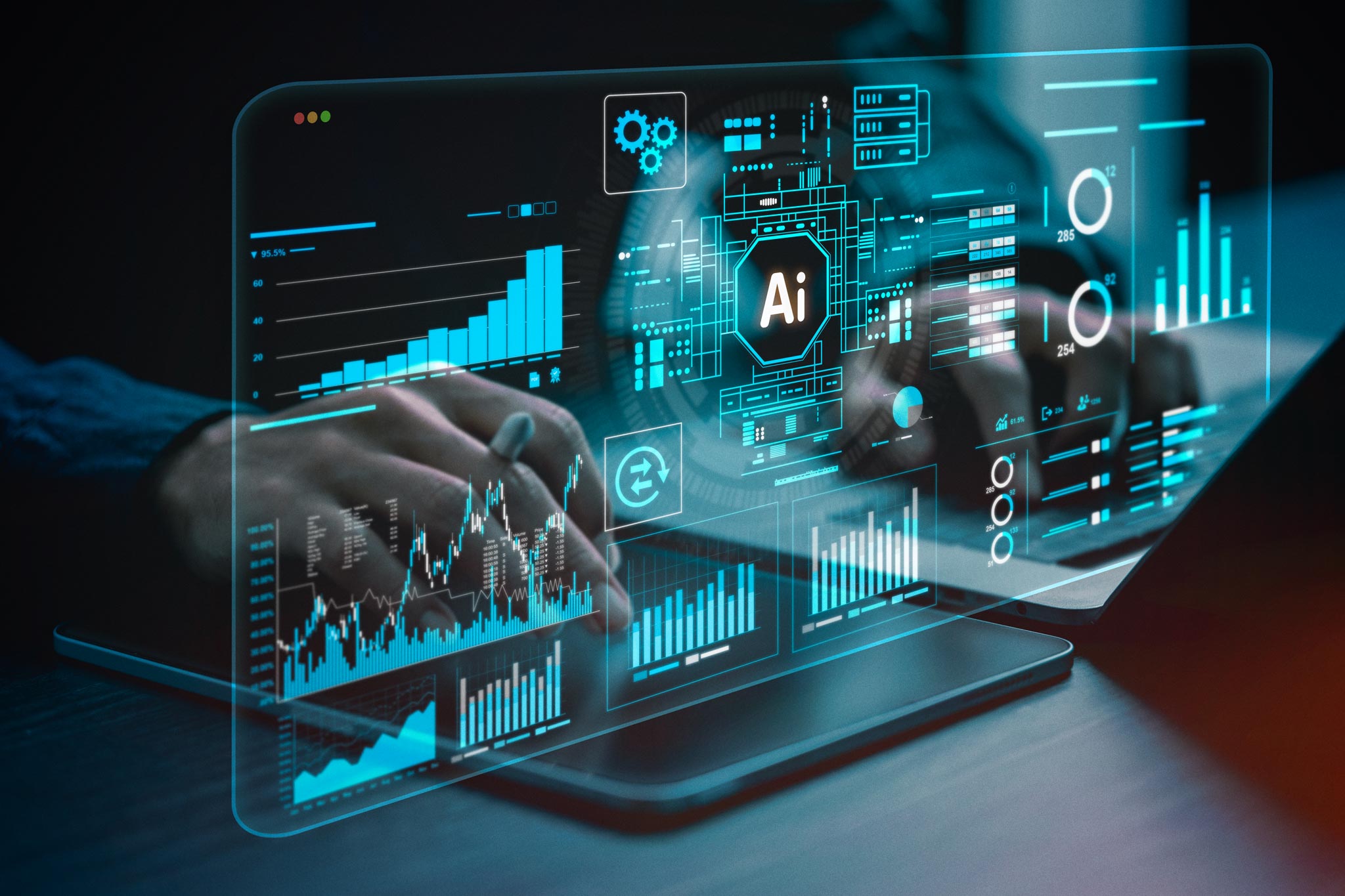Augmented analytics, powered by artificial intelligence and machine learning, is transforming the business event industry by automating data analysis, enhancing personalisation, and enabling smarter, faster decision making. Here’s how this technology is revolutionising events worldwide:
Automated, real-time insightsAugmented analytics automates the heavy lifting of data analysis, instantly processing vast volumes of complex event data. It allows event organisers to receive immediate, actionable insights, such as spikes in attendee engagement or drops in session participation, enabling them to act on opportunities or address issues in real-time rather than after the event concludes. The rapid feedback loop enables more agile event management and enhances attendee experiences.Enhanced personalisation and engagementBy analysing attendee preferences, behaviours, and feedback, augmented analytics enables hyper-personalisation. Event platforms can recommend sessions, networking opportunities, and content tailored to individual interests, significantly increasing attendee satisfaction and engagement. For example, events like SXSW have used AI-driven analytics to create customised agendas, resulting in higher retention and positive feedback.Streamlined planning and resource allocationAugmented analytics accelerates data preparation by integrating information from multiple sources, such as registration systems, social media, and onsite sensors, allowing for faster and more accurate planning. AI-driven tools can optimise scheduling, resource allocation, and venue selection by forecasting attendance and engagement, minimising conflicts, and ensuring efficient use of staff and equipment.Improved decision making and ROI measurementWith deeper, unbiased insights into attendee behaviour and event performance, organisers can make more informed strategic decisions. Augmented analytics uncovers hidden patterns and trends that might otherwise go unnoticed, helping to optimise marketing campaigns, content delivery, and sponsorship models for maximum return on investment (ROI). Post-event analysis is also enhanced, providing clear recommendations for future improvements.Increased data literacy and reduced analytical biasNatural language capabilities in augmented analytics tools make data insights accessible to non-technical users, fostering a data-driven culture across event teams. By automating analysis, these systems reduce human bias, ensuring that decisions are based on statistically significant findings rather than assumptions or incomplete data.Improved security, sustainability, and accessibilityAI-powered analytics can enhance event security through real-time crowd monitoring and threat detection, while also supporting sustainability by optimising resource use and reducing waste. Additionally, features like real-time content summarisation and multi-language support make events more accessible and inclusive.
“Business intelligence is transforming global events from intuition-based planning to a sophisticated, data-driven industry”
Augmented analytics is not just a technological upgrade, it is a fundamental shift in how the event industry operates. By delivering faster, deeper, and more actionable insights, it empowers organisers to create more innovative, more engaging, and more successful events than ever before.
Business intelligence (BI) is reshaping the competitive landscape of global events by enabling organisations to use data-driven insights for faster, more intelligent decision making, predictive forecasting, personalised experiences, and operational efficiency. Essential impacts include:
Proactive market positioningBI tools, increasingly powered by artificial intelligence and machine learning, allow event organisers to monitor competitor activities, analyse market trends, and forecast audience behaviours. This foresight enables organisations to anticipate market shifts and act more quickly than their competitors, securing prime venues, sponsors, and speakers.Operational optimisation and cost reductionAdvanced analytics automate data preparation and operational reporting, streamlining workflows and reducing manual effort. It leads to more agile event planning and cost-effective execution, making organisations more resilient and adaptable.Personalised attendee experiencesBusiness intelligence platforms integrate data from various sources, including attendee interactions, preferences, and global market research, to tailor event content and networking opportunities. Superior personalisation enhances attendee satisfaction and fosters loyalty, giving organisers a competitive edge in attracting recurring participants.Real-time competitive analysisIntegrated BI systems enable real-time monitoring of performance metrics, attendee feedback, and market conditions across different regions. Organisations can quickly adapt event strategies, marketing, and logistics to retain relevance in a changing landscape.Data democratisation and collaborationBusiness intelligence is becoming more accessible, empowering teams at all organisational levels to contribute insights and facilitate cross-functional collaboration. As data-driven decision making becomes embedded in company culture, organisations respond more swiftly to emerging challenges or opportunities.Entry barriers riseThose investing in BI capabilities create higher standards for operational excellence and audience insights, making it more difficult for organisations relying on manual processes or outdated systems to compete effectively.New opportunities and partnershipsBusiness intelligence facilitates the identification of global trends and potential partners, allowing event organisers to expand their market reach and forge strategic alliances critical for long-term growth.
In summary, business intelligence is transforming global events from intuition-based planning to a sophisticated, data-driven industry, where competitive advantage is determined by how effectively organisations harness, interpret, and respond to data.



